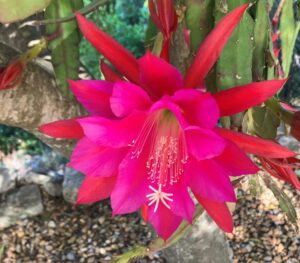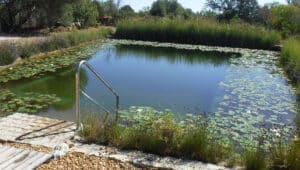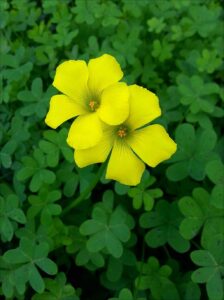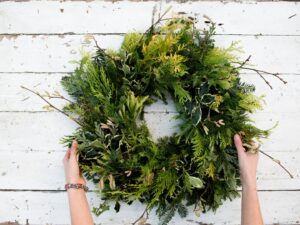By: STUART MERELIE
Stuart Merelie, landscaper, ecological researcher and permaculture fanatic, shares his passion for correct and sustainable landscaping in the Algarve and is our permanent garden and landscaping correspondent. This week is the ninth part in a series of 24 exploring Permaculture and its importance and uses in today’s world.
AS A landscaper, I get to see wonderful villas, magnificent vivendas, rolling quintas and invariably get covered in mud, sweat and often a few cuts and bruises. While I can soak in my bath or brave the spring sun under my solar shower, my clothes tend to suffer.
My ‘lady who does’, now doesn’t. Unprepared to risk life, limb and very shiny car, (the track, in her defence, claimed its first victim last month – the sump of my twenty year-old ex-taxi Mercydoodle!). She declined my generous offers to come and do my washing, keep the dogs out of the house, the cat in the house, the chickens off the terrace, the ducks and geese where they should be (we reckon the butchers but as a vegetarian they have a reprieve…) and
 They leave your laundry fresh, clean and soft, eliminating the need for softeners. |
a few more stragglers.
Left helpless, as any adult man knows, is a serious situation. Not for us the common cold, it is flu. A bad cough, bronchitis, anything worse, pneumonia or heck, even a trip to the doctors… Well I wasn’t to be defeated, deflated, ask directions or even decipher washing machine instructions. I went nuts instead.
Sapindus is a genus of about five to twelve species of shrubs and small trees in the Sapindaceae, native to warm temperate to tropical regions in both the Eastern and Western Hemispheres. The genus includes both deciduous and evergreen species. Common names include soapberry and soapnut, both names referring to the use of the crushed seeds to make soap. Soap nuts contain saponin, a natural detergent which is used to clean clothes. Sapindus mukorossi is native throughout India and Nepal. It grows 10 to 15m in height, bears fruit once a year, round core and fruit turn to golden when it is ripe. The blooming period is in May or June, and the fruiting time is in October. It can live for over two hundred years. It has become popular as an environmentally friendly alternative to manufactured, chemical detergents. A few nuts can be placed in a cotton drawstring bag in with a wash load and reused several times. Soap nuts are safe for washing silk, woollens and other delicate fabrics.
Environmentally friendly, sustainably produced, bio-degradable and compostable! Have you ever worried about how your chemical detergents are affecting the environment, but never found the alternatives satisfactory?
Soapnut shells are economical – they work out at about four cents a wash – the cheapest power will cost you about four times that. They leave your laundry fresh, clean and soft, eliminating the need for softeners. They are natural and chemical free, gentle on your skin and clothes and are suitable for sensitive skin, allergy and eczema sufferers.
Just put six to eight half shells or equivalent in pieces into a cotton bag (or knotted sock), place in your washing machine, wash on your usual cycle (40 degrees ideally). If you want your laundry fragranced, add a few drops of essential oil in the softener drawer, your washing will come out fresh, clean and soft
You can do four to six consecutive loads from one lot of soapnuts! When they are exhausted they will appear darker and soft, throw them on your compost and put some more into the bag for your next wash.
Did you know you can also use soapnut shells in the dishwasher? Just put three shells in the bottom of the cutlery holder and some vinegar in the rinse aid dispenser and your glasses and plates will come out sparkling clean (they can’t quite cope with baked on food though, i.e casserole dishes.) You can also boil the seeds in an old pan, sieve and use as an eco detergent.
Where to get them? The cheapest source I have found is Porta Verde – an eco friendly shop on the road out of São Brás de Alportel heading towards Moncarapacho (telephone 289 841 967) who charge 20 euros a kilo, including the little sacks to put the seeds in. A sack of one kilo will get you around 500 washes. Now why would you want to waste your money on heavy expensive environmentally unfriendly washing powder? Excuse me while I go and fix my caminho.
























